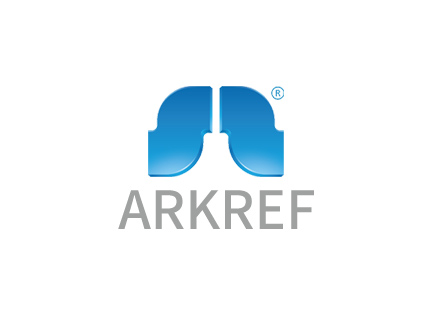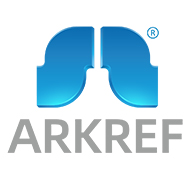Understanding the Function of Cold Rooms
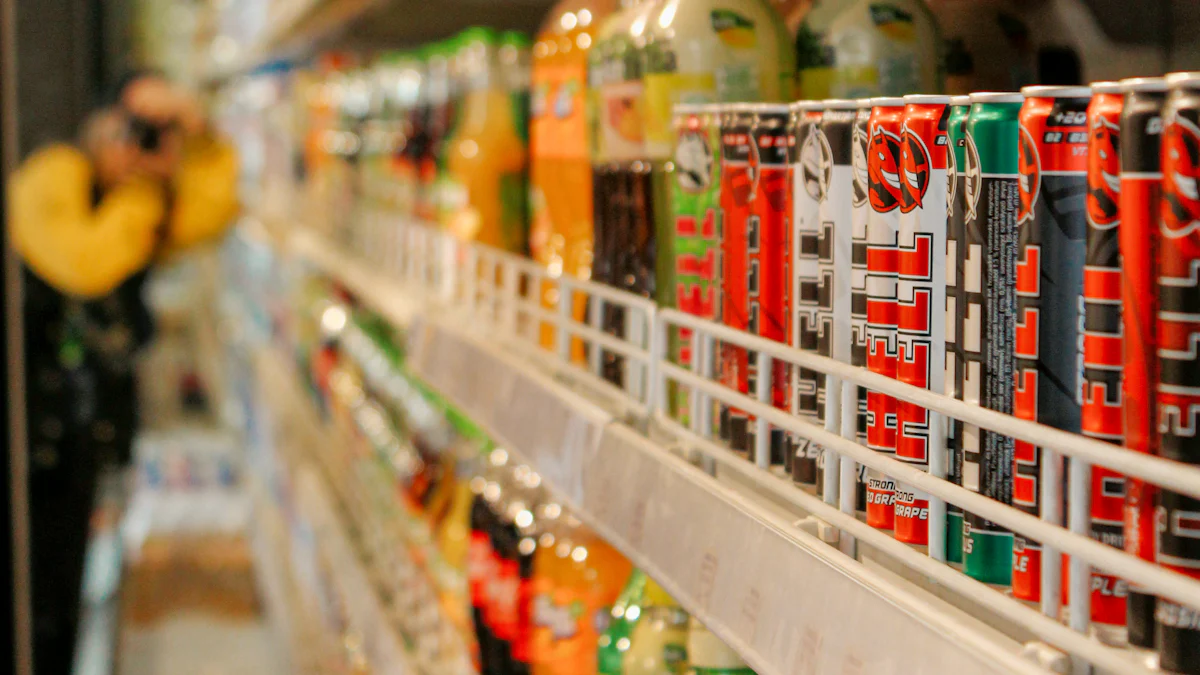
A cold room serves as a vital component in various industries, providing a controlled environment for the storage of perishable goods. It functions by maintaining specific low temperatures and humidity levels, ensuring the preservation of products such as food, medicines, and research materials. Cold rooms utilise advanced refrigeration systems to create these optimal conditions, which are crucial for extending the shelf life of items and safeguarding their quality. Industries like food service, pharmaceuticals, and research labs rely heavily on the function of cold rooms to maintain the integrity and safety of their products.
What is a Cold Room?
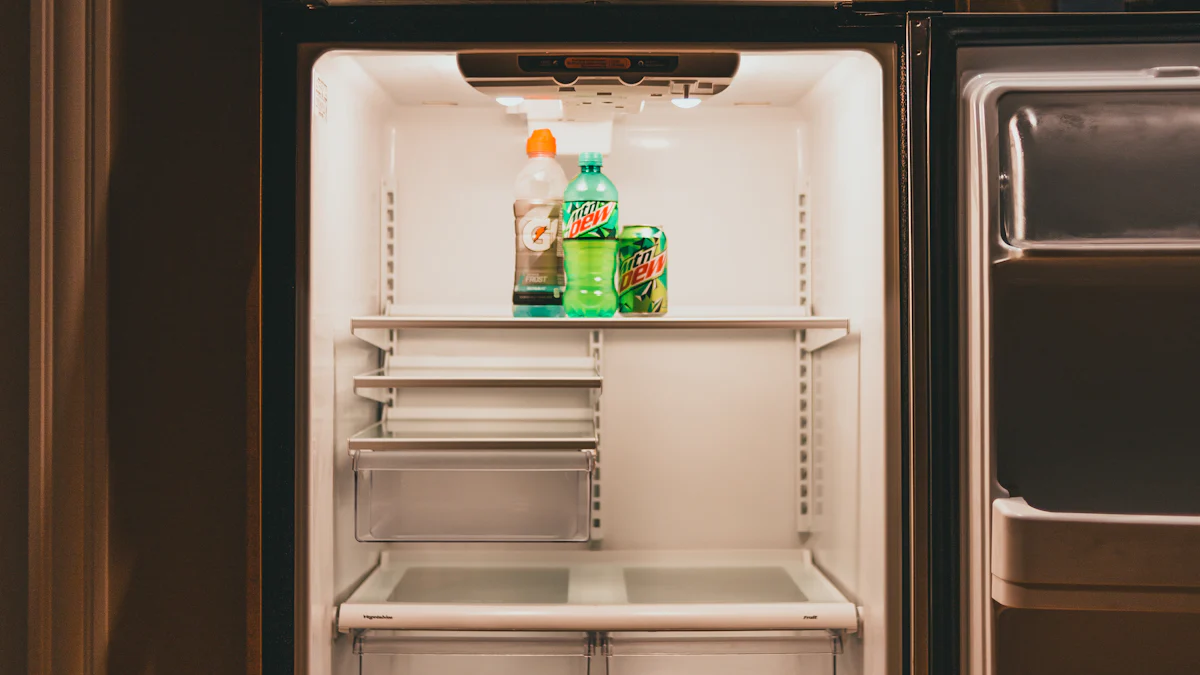
Definition and Basic Components
A cold room is an insulated, refrigerated space designed to maintain a specific temperature range. These rooms are essential for storing various goods, including food, beverages, pharmaceuticals, and textiles. Cold rooms vary in size, from small walk-in units to large warehouse facilities. They function similarly to domestic refrigerators but on a much larger scale.
The key components of a cold room's refrigeration system include:
Compressor: Compresses the refrigerant gas, increasing its pressure and temperature.
Condenser: Cools and condenses the refrigerant gas into a liquid.
Expansion Valve: Reduces the pressure of the refrigerant, allowing it to expand and cool.
Evaporator Coils: Absorb heat from the room, cooling the air inside.
Circulation Fans: Distribute the cooled air evenly throughout the room.
Refrigerant gases such as ammonia, freon, or CO2 are used to achieve and maintain the desired temperature. This system ensures that the cold room can maintain temperatures either above or below freezing, depending on the storage requirements.
Purpose and Importance
The primary purpose of a cold room is to provide a controlled environment for the preservation of perishable goods. By maintaining specific low temperatures and humidity levels, cold rooms help extend the shelf life of products and safeguard their quality. This capability is particularly crucial in industries like food preparation, where maintaining freshness is vital.
Cold rooms offer several benefits:
Preservation of Perishable Goods: They slow down biological processes that cause spoilage, ensuring that food and other perishables remain fresh for longer periods.
Energy Efficiency and Cost Savings: By maintaining optimal storage conditions, cold rooms reduce waste and lower energy costs.
Convenience and Accessibility: Walk-in cold rooms provide easy access to stored items, making them ideal for professional kitchens and commercial settings.
Industries such as food service, pharmaceuticals, and research labs rely heavily on cold rooms to maintain the integrity and safety of their products. By providing a stable environment, cold rooms play a crucial role in ensuring that goods remain in optimal condition until they are needed.
Benefits of Cold Rooms
Preservation of Perishable Goods
Cold rooms play a crucial role in preserving perishable goods. They maintain low temperatures, which slow down biological processes that cause spoilage. This preservation extends the shelf life of food, beverages, and pharmaceuticals. By keeping these items fresh for longer periods, cold rooms help reduce waste. Industries such as food service and healthcare rely on cold rooms to ensure that their products remain safe and of high quality.
Energy Efficiency and Cost Savings
Cold rooms offer significant energy efficiency and cost savings compared to traditional storage methods. They consolidate storage into a single, large space, eliminating the need for multiple smaller refrigeration units. This consolidation reduces energy consumption and lowers monthly expenses. Effective insulation in cold rooms further enhances energy efficiency by minimising temperature fluctuations. Businesses benefit from long-term savings and improved inventory management. Bulk buying during peak seasons becomes feasible, reducing restocking frequency and associated costs. Features and Benefits
Convenience and Accessibility
Cold rooms provide unmatched convenience and accessibility. Their spacious design allows for easy organisation and retrieval of stored items. Walk-in cold rooms enable quick access, which is particularly beneficial in busy environments like professional kitchens. The ability to customise storage space ensures that businesses can optimise their cold room layout to suit specific needs. This flexibility improves operational efficiency and supports seamless workflow. Cold rooms also enhance inventory tracking, allowing businesses to monitor stock levels accurately and reduce the risk of overstocking or shortages.
How Cold Rooms Function
Cold rooms play a crucial role in preserving perishable goods by maintaining specific environmental conditions. Understanding the function of cold rooms involves examining their cooling mechanisms and the importance of temperature settings.
Cooling Mechanisms
Cold rooms utilise advanced cooling mechanisms to maintain the desired temperature and humidity levels. These mechanisms ensure that the stored products remain fresh and safe for consumption.
Refrigeration Systems
Refrigeration systems form the backbone of a cold room's functionality. They operate by transferring heat from the interior to the exterior, creating a consistently cool environment. The system comprises several key components:
Compressor: This component compresses the refrigerant gas, increasing its pressure and temperature.
Condenser: It cools and condenses the refrigerant gas into a liquid form.
Expansion Valve: This valve reduces the refrigerant's pressure, allowing it to expand and cool.
Evaporator Coils: These coils absorb heat from the room, cooling the air inside.
Circulation Fans: They distribute the cooled air evenly throughout the room.
These components work together to ensure the efficient function of cold rooms, maintaining the necessary conditions for product preservation.
Insulation and Sealing
Insulation and sealing are vital for the energy efficiency and performance of cold rooms. High-quality insulation minimises heat transfer between the cold room's interior and exterior environments. This reduces energy consumption and maintains consistent temperature levels. Insulated panels, often made from materials like mineral wool or polyurethane foam, form the walls, floors, and ceilings of cold rooms. They act as barriers, keeping external heat out and maintaining internal temperature with minimal energy expenditure.
"Proper insulation is fundamental for cold room performance and operating costs."
Sealing also plays a critical role. A tight seal prevents the intrusion of external heat, ensuring that the refrigeration system operates efficiently. This combination of effective insulation and sealing contributes significantly to the function of cold rooms, enhancing their energy efficiency and reducing operating costs.
Importance of Temperature Settings
Temperature settings are crucial for the optimal function of cold rooms. Maintaining the correct temperature ensures that perishable goods remain fresh and safe. Cold rooms can control not only temperature but also humidity levels, which is essential for preserving the quality of stored products. For instance, fruits and vegetables require specific humidity levels to maintain their freshness.
Industries such as food service and pharmaceuticals rely on precise temperature settings to ensure product safety and quality. Incorrect temperature settings can lead to spoilage, resulting in financial losses and potential health risks. Therefore, monitoring and adjusting temperature settings is a critical aspect of cold room management.
Applications Across Various Industries
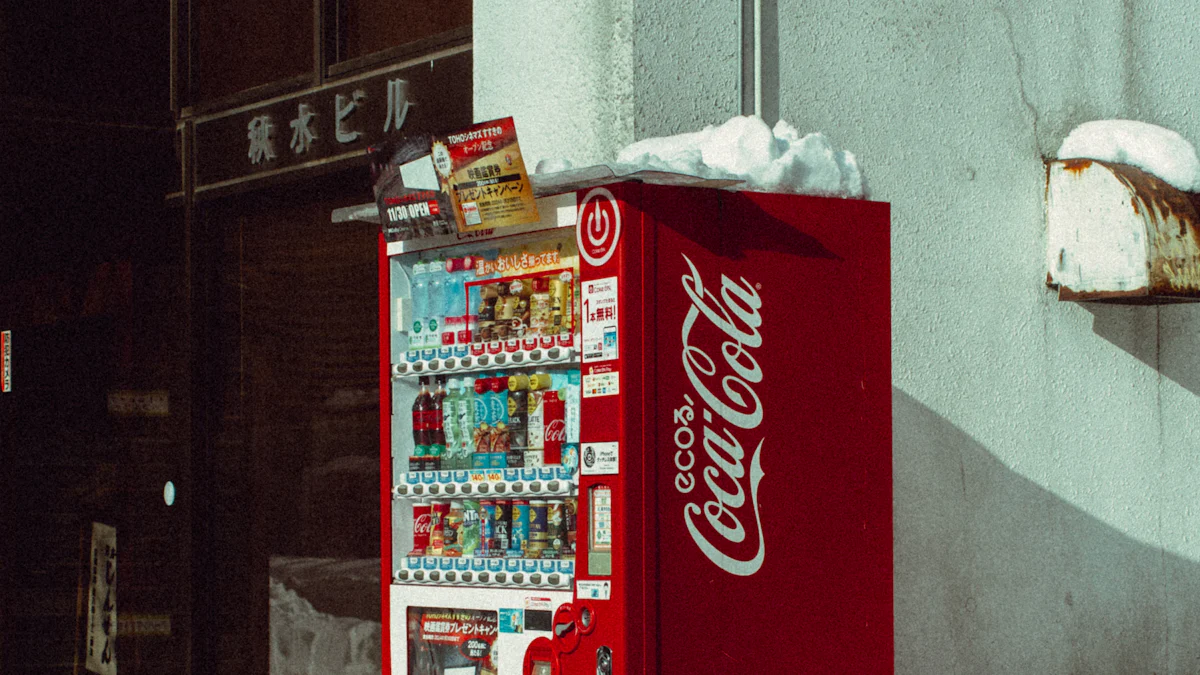
Cold rooms serve as essential facilities across numerous industries, providing optimal conditions for storing perishable goods and sensitive equipment. Each industry tailors its cold room specifications to meet specific requirements, ensuring the preservation of quality and prolonging the shelf life of products.
Food Service and Hospitality
In the food service and hospitality sector, cold rooms play a pivotal role. Restaurants, hotels, and catering businesses rely on these temperature-controlled environments to maintain the freshness of ingredients. Cold rooms allow for the storage of large quantities of food, ensuring that establishments can meet customer demand without compromising on quality.
Supermarkets also utilise cold rooms to keep seasonal produce at peak freshness. By preserving fruits and vegetables, they retain their taste and nutritional value for extended periods. This capability is crucial for maintaining customer satisfaction and reducing food waste.
"Cold rooms are indispensable in the food industry, ensuring that fresh goods remain at their best."
Pharmaceutical and Healthcare
The pharmaceutical and healthcare industries depend heavily on cold rooms for the storage of medicines and vaccines. These facilities provide precise temperature control, which is vital for preserving the efficacy of pharmaceutical products. Cold rooms ensure that medicines remain safe and effective until they reach patients.
Hospitals and research labs also benefit from cold rooms. They store sensitive materials and samples that require specific environmental conditions. By maintaining these conditions, cold rooms support the integrity of research and healthcare operations.
Events and Catering
Cold rooms offer significant advantages for events and catering businesses. They provide ample space for storing back stock of supplies, allowing businesses to keep kitchen fridges clear for daily use. This added space facilitates organisation and streamlines stock-checking processes.
Catering companies often utilise cold rooms to store large quantities of food for events. This capability ensures that they can deliver high-quality meals to guests without the risk of spoilage. Cold rooms enhance operational efficiency, enabling businesses to meet the demands of large-scale events with ease.
Installation and Design Considerations
Size and Capacity Planning
Cold rooms require meticulous planning to ensure they meet the specific needs of a business. The size and capacity of a cold room depend on the volume of goods that need storage. Businesses must assess their storage requirements carefully. They should consider factors such as the type of products, the frequency of restocking, and the available space.
A well-planned cold room maximises storage efficiency. It allows for easy access and organisation of goods. Businesses should also consider future growth. Planning for additional capacity can prevent the need for costly expansions later.
"Proper size and capacity planning ensure that a cold room meets current and future needs."
Insulation and Energy Efficiency
Insulation plays a crucial role in the energy efficiency of cold rooms. High-quality insulation reduces heat transfer, maintaining consistent internal temperatures. This efficiency lowers energy consumption and operating costs. Insulated panels, often made from materials like polyurethane foam, form the walls, floors, and ceilings of cold rooms. They act as barriers, keeping external heat out.
Energy-efficient cold rooms benefit businesses by reducing utility bills. They also contribute to environmental sustainability. Businesses should prioritise insulation during the design phase to maximise these benefits.
Professional Installation and Maintenance
The installation of cold rooms requires specialist expertise. Professionals ensure that all components function correctly. They also guarantee that the cold room meets industry standards. Proper installation prevents issues such as temperature fluctuations and energy inefficiency.
Regular maintenance is essential for the optimal performance of cold rooms. Professionals conduct routine checks to identify and resolve potential problems. They ensure that refrigeration systems operate efficiently. Maintenance extends the lifespan of cold rooms and prevents costly repairs.
"Professional installation and maintenance are vital for the longevity and efficiency of cold rooms."
In conclusion, careful planning and professional expertise are crucial for the successful installation and operation of cold rooms. Businesses should prioritise these considerations to ensure their cold rooms meet their specific needs and operate efficiently.
Cold rooms play a pivotal role in various industries by maintaining optimal conditions for perishable goods. They extend the shelf life of products, ensuring quality and safety. The function of cold rooms involves advanced refrigeration systems and precise temperature control, which are crucial for industries like food service and pharmaceuticals.
Professional guidance in installation and design is vital. Experts ensure that cold rooms meet industry standards and regulatory compliance. Choosing specialist partners, such as Laboratory Temperature Control, offers numerous advantages, including skilled engineers and fast response times. Businesses should consider the function of cold rooms to enhance their operations and meet specific industry needs.
See Also
Unique Characteristics of Cold and Freezer Storage Areas
Essential Advice for Maintaining Cold Room Temperatures
A Restaurant Cold Room: Your Storage Solution Explained
